In 2022, Enfants Terribles will offer thirteen feature films produced in Spain, France, Holland, Poland, Colombia, Argentina and Brazil. The films in the competition will premiere in Spain at FICX, after participating in festivals such as Berlin, Locarno and Annecy.
This children's and young people's programme at FICX has been a classic for the educational community in Asturias for 25 years, as demonstrated by the almost 230,000 students and teachers who have passed through the venues of Enfants Terribles. This section is an obligatory activity in the calendar of schools not only in Asturias, but also in Castilla y León, Galicia and Cantabria, motivating educators to debate current issues in class, such as ecology, immigration, social exclusion and social development.
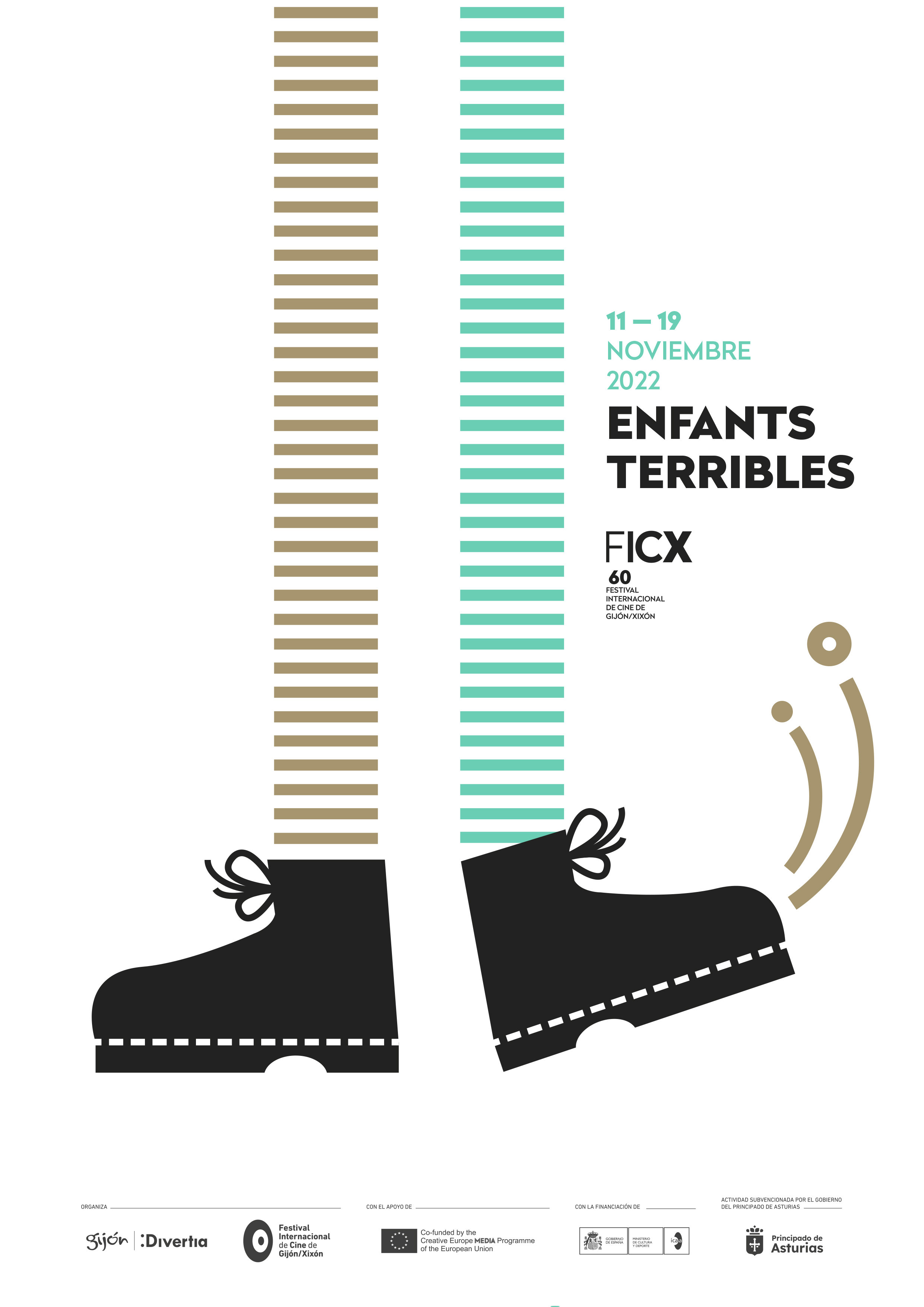
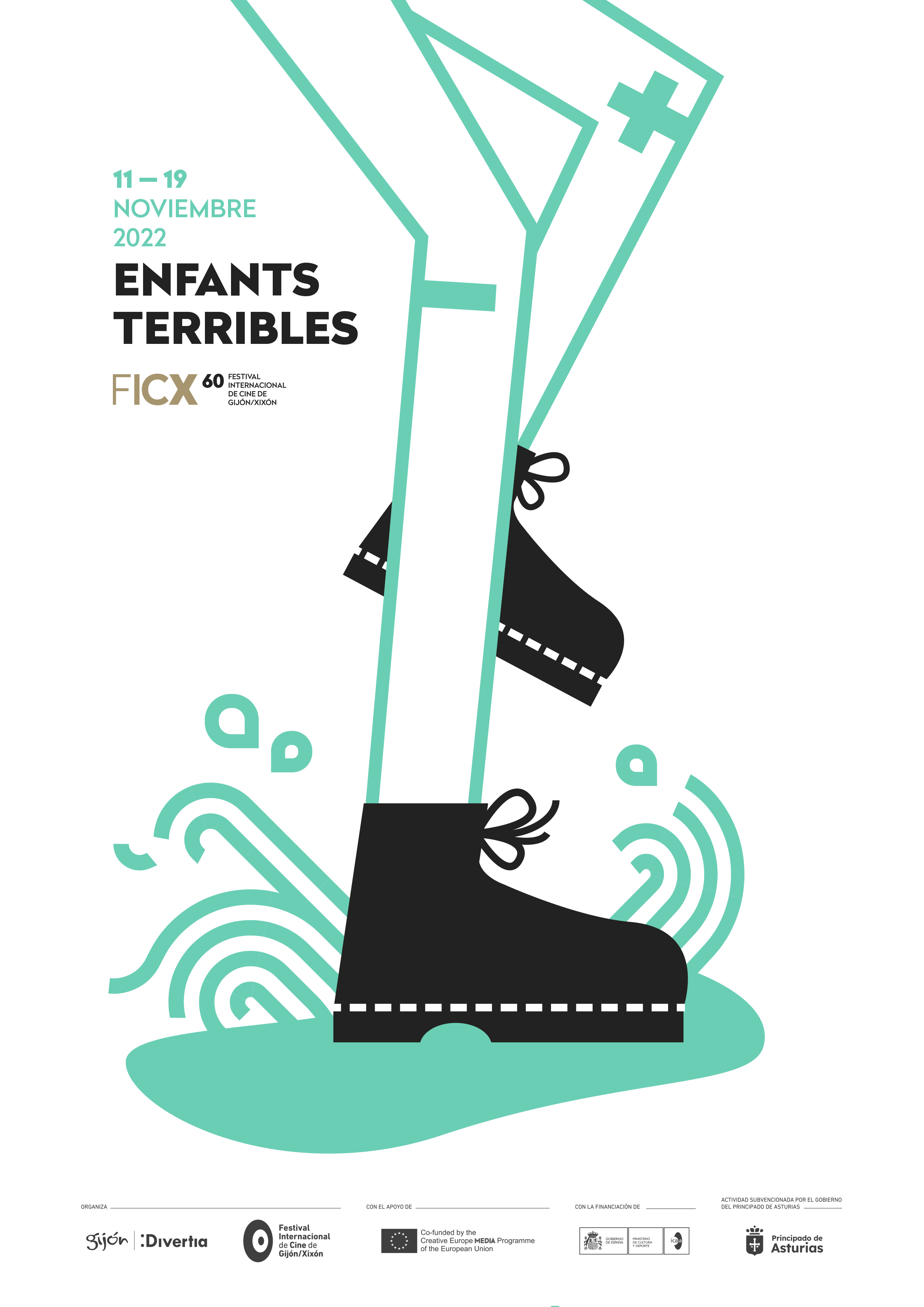
The world of sport is the setting for the story of Cabeza y corazón, by Basque filmmakers Ainhoa Andraka and Zuri Goikoetxea: an intimate portrait of the women's wheelchair basketball team, a group of athletes who achieved a historic qualification for the Tokyo 20-21 Paralympic Games. This film will also compete in the international section Esbilla.
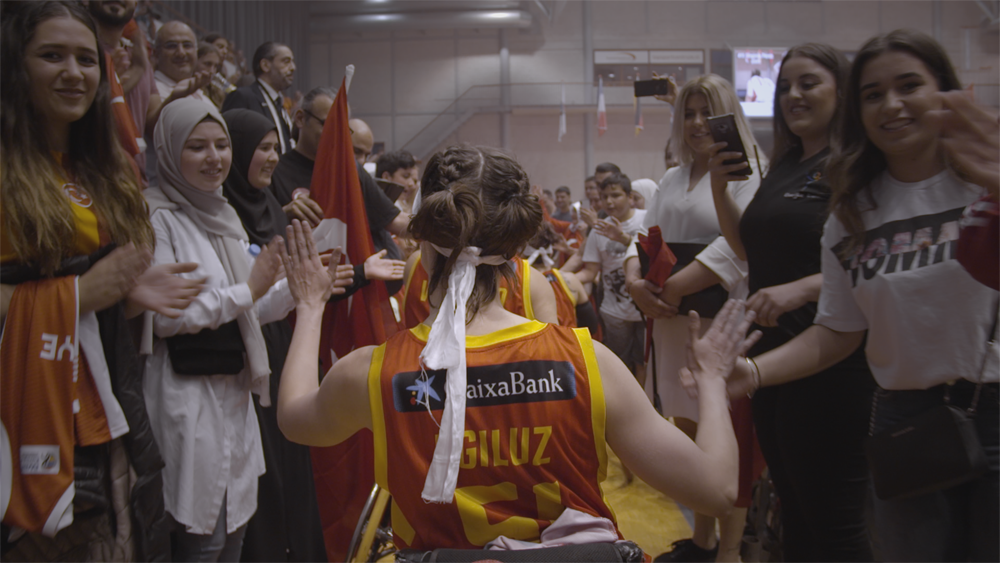
Sublime is the debut feature by Mariano Biasín, an Argentinian director who returns to FICX after participating in the Short Film Official Section. The film was presented in Berlin and won an award in San Sebastian. A story of transition to the adult world, which recognises love in all its forms.
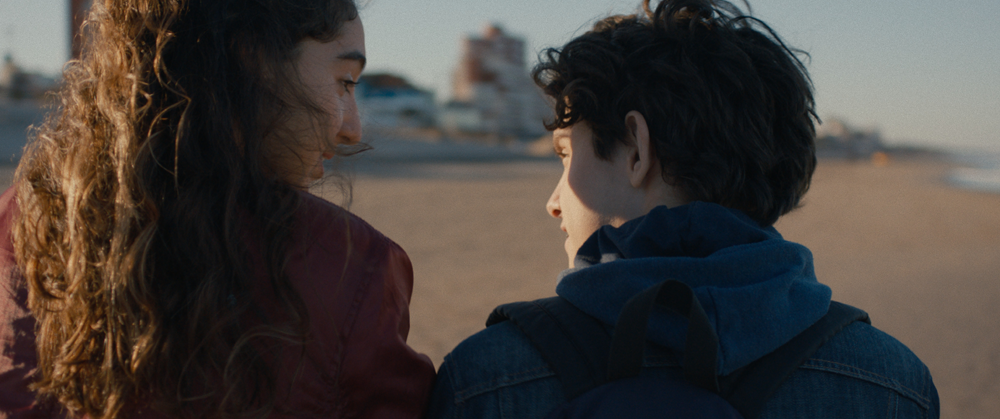
Also in Berlin was Allons enfants, by Thierry Demaizière and Alban Teurlai, who use urban music as a backdrop to talk about the education of French youth through the story of a Parisian school that offered its pupils hip hop classes to fight school failure.
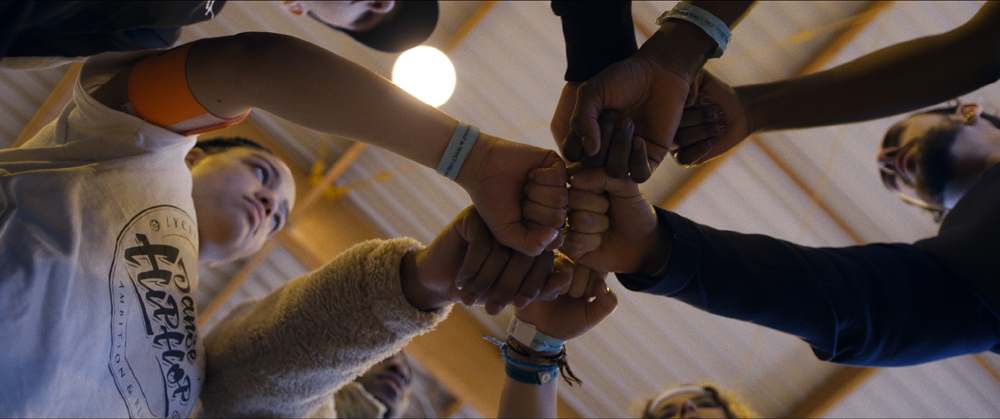
A film workshop at a youth centre in Bogotá inspired Claire Weiskopf and Nicolas van Hemelryck to make Alis, a moving film starring ten teenagers in search of a better future. The film won the Generation 14plus Crystal Bear and the Teddy Award in Berlin.
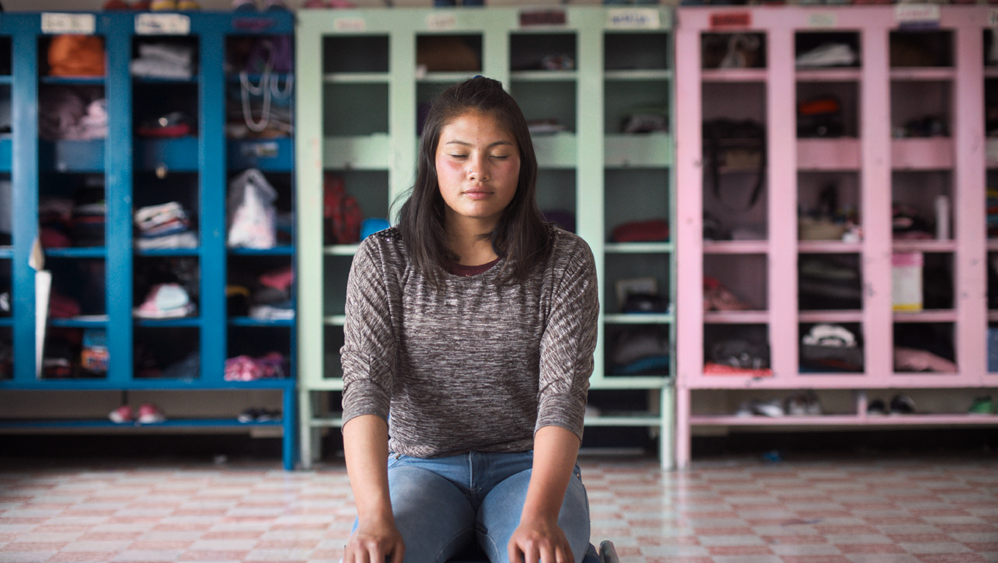
The teenage audience at FICX will see themselves reflected in the stories of people their age who live in environments that can be discovered from a different perspective. This is the case of Gabi, from 8 to 13, Engeli Broberg's debut film, a portrait of a girl who insists on her right to be herself.
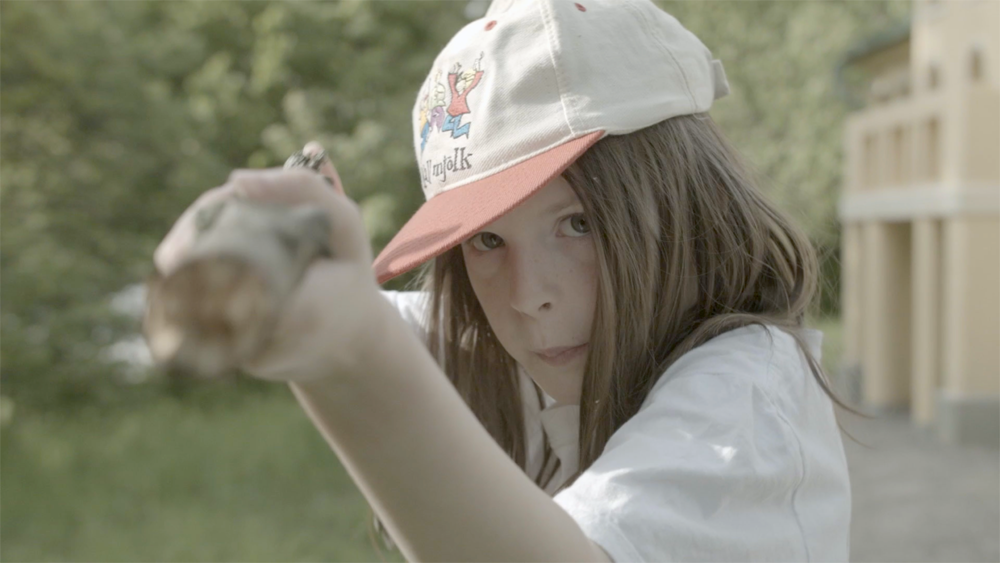
The protagonist of Girl Gang is a 14-year-old Berlin teenager with hundreds of thousands of Instagram followers. Susanne Regina Meures chronicles the world of influencers and the dark side of social media by following this young girl and her family for four years.
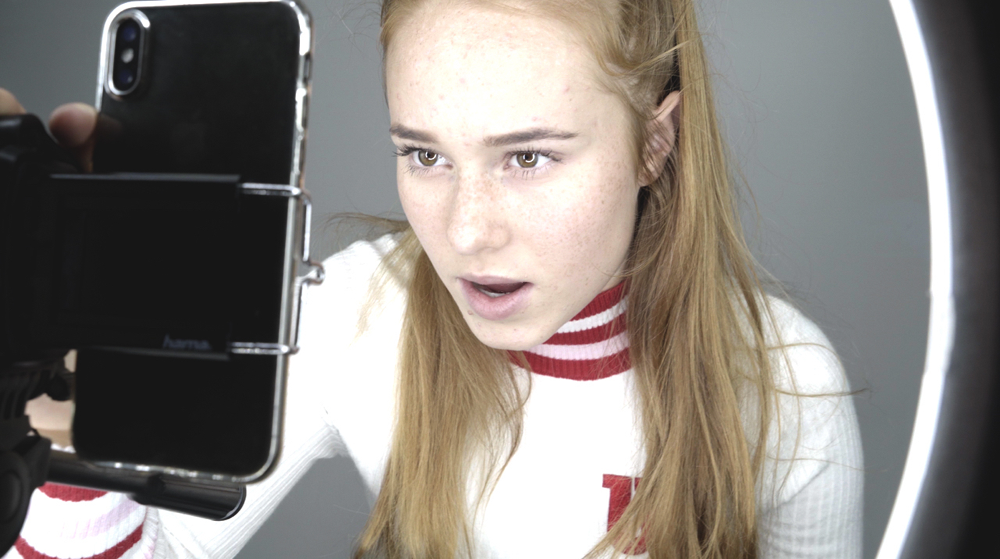
In Bigman, Camiel Schouwenaar talks about loss and failure against the backdrop of football. In this story of friendship and empowerment, an accident takes the central character away from his true passion, and he will have to learn to accept his disability.
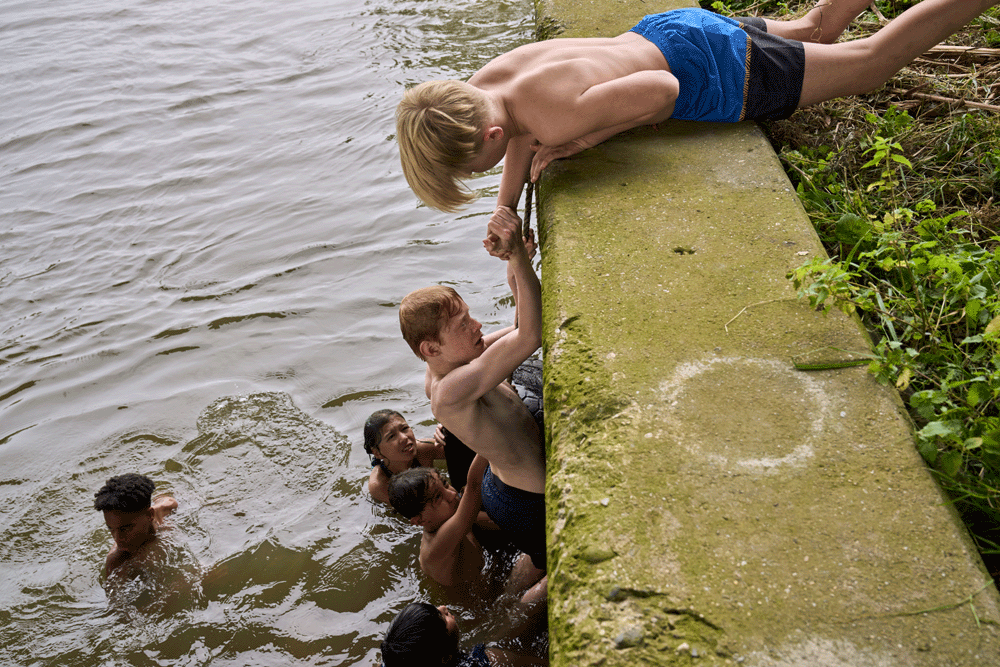
Director Julie Lerat-Gersant worked for several weeks in a maternity and children's centre. What she saw there led her to address the question of adolescent motherhood in her debut feature, Petites, in which a young woman has to decide her future along with the baby she is expecting.
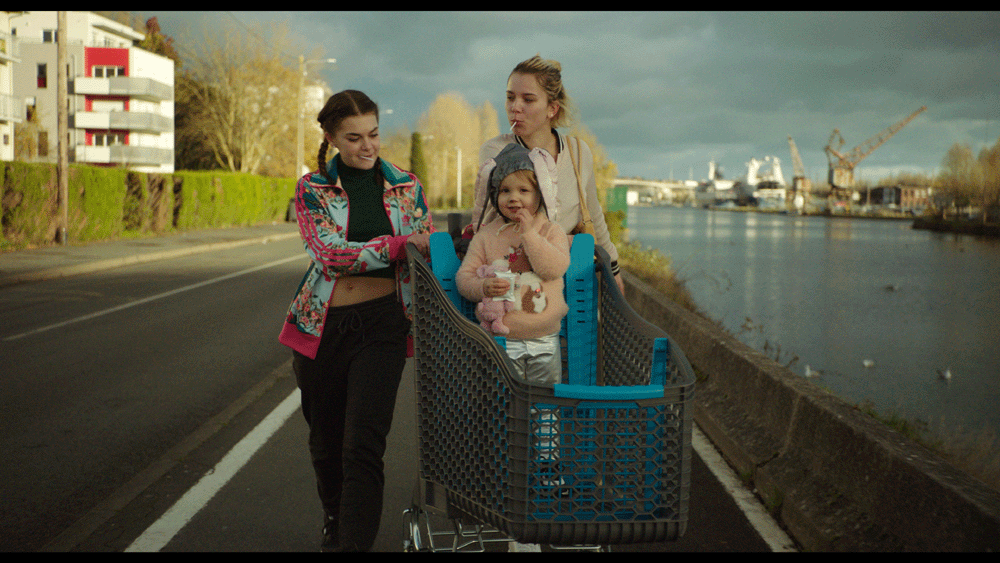
Alê Abreu, nominated for an Oscar for The Boy and the World, turns his work in animation on its head with Perlimps, a classic-style adventure film with ecological and anti-war themes, featuring two secret agents from two enemy kingdoms whose mission is to save a forest.
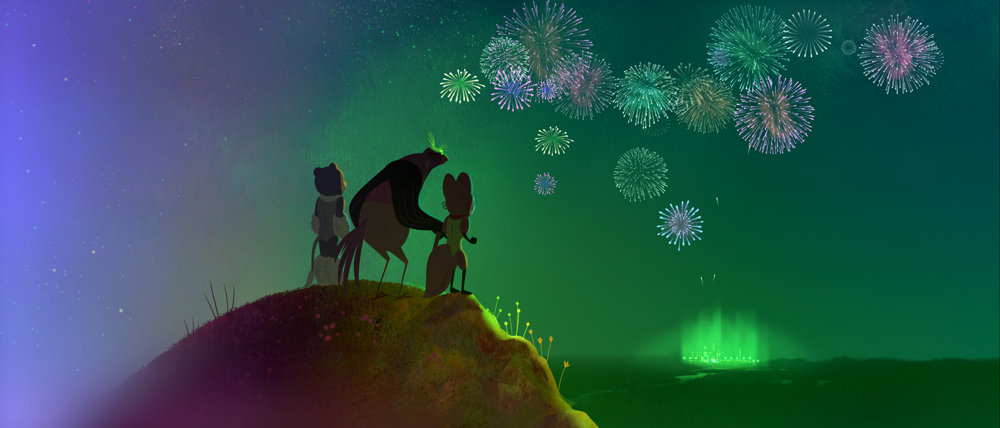
Amandine Fredon and Benjamin Massoubre triumphed at the last Annecy with an animated version of the classic Le petit Nicolas, the famous character created by Jean-Jacques Sempé and René Goscinny. With references to Tati, The 400 Blows and Sempé himself as a consultant, they offer an updated look at this famous character.
Dutch director Mascha Halberstad draws on Tosca Menten's children's books for her feature debut. Oink is an infectious comedy starring a cute stop-motion piglet, which was first screened in Berlin.
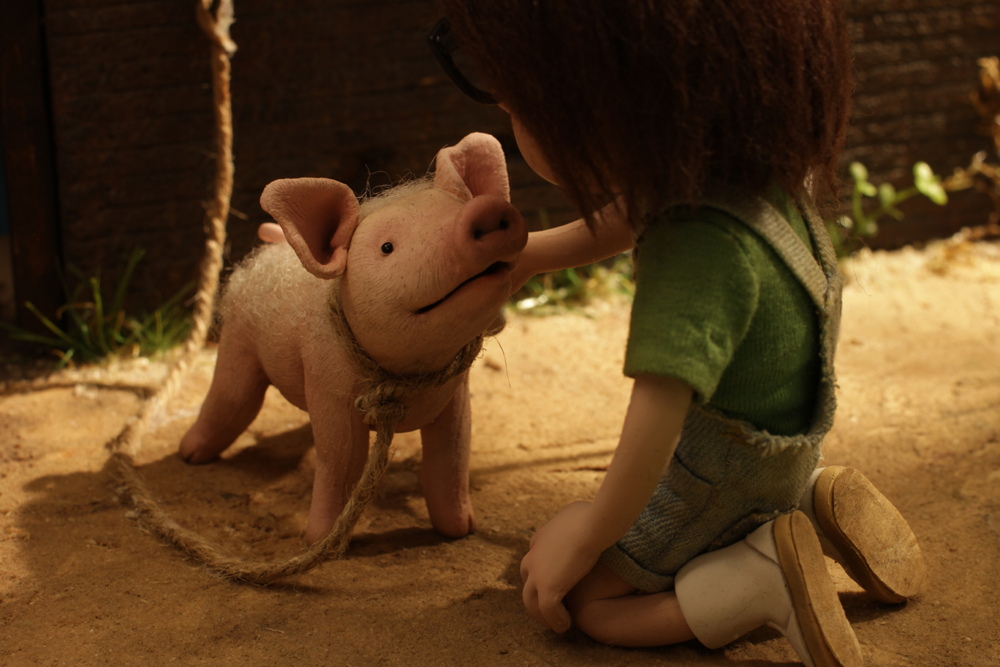
Adventures for the little ones continue in Hug Me. The Honey Seekers, the feature film debut of visual artist Anna Blaszczyk, who takes on one of the most popular children's books in Poland, resulting in an animated road movie starring two bears in search of lost honey, with a clear environmental message.
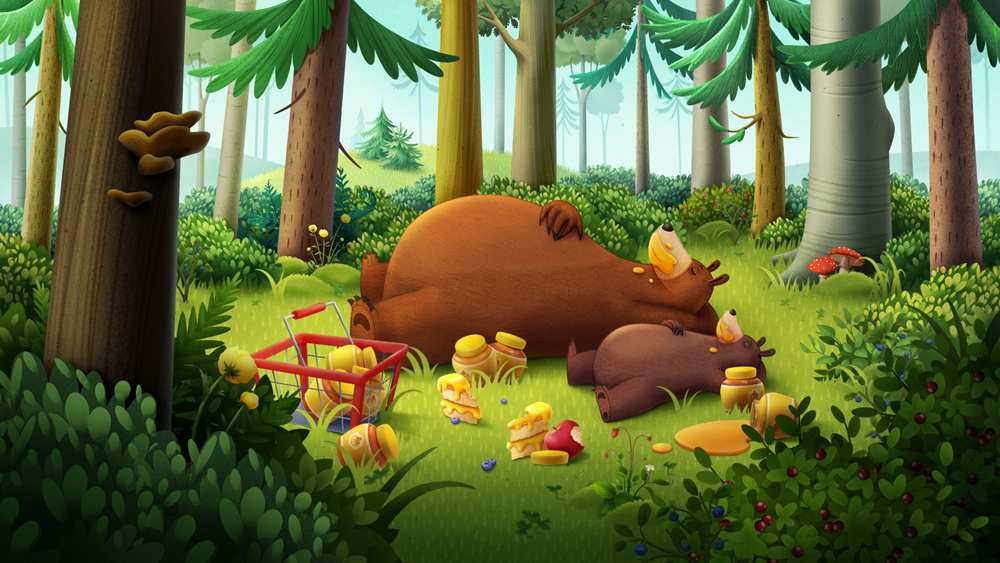
The characters in Dounia & The Princess of Aleppo also embark on a journey, but theirs is to save their own lives as war forces them to leave Syria. Filmmakers André Kadi and Marya Zarif bring the story of the little and cheerful Dounia to the screen, following the success of the book and the series.
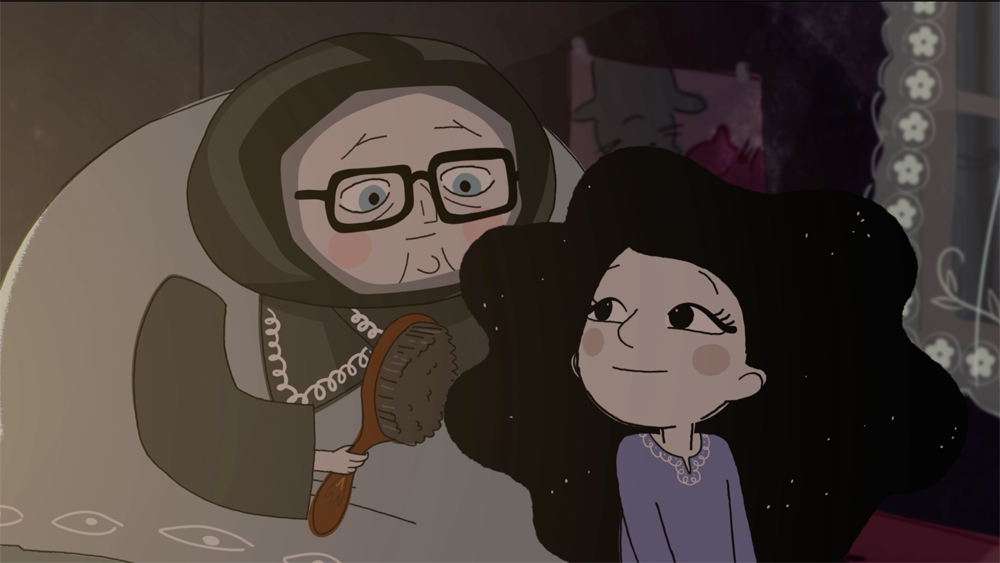
FICX is once again providing participating schools with a didactic guide that serves as a support tool for preparing the screening in the classroom, as well as offering guidelines, recommendations and activities to work on after the screening. These guides, by writer and critic Jesús Palacios, will again be available in digital format and will be free to download.
The Festival's focus on young audiences expands beyond film screenings with a wide range of complementary activities. The Q&A sessions with the filmmakers at the Enfants Terribles venues are back, where they not only exchange questions about cinema, but also about the central themes of the films, encouraging the critical sense of the new FICX audiences.
Expanding the Festival's audiovisual literacy offer, these Q&As will be joined by different creative workshops on audiovisual narrative, film posters, as well as the classic encounters with filmmakers who will explain their profession in new sessions of The Film Trades, initiatives that join the third edition of Enter, a festival of trailers for imaginary films, aimed at primary and secondary school pupils. Furthermore, FICX will host the exhibition Reinventing the image: alternative film posters that the Espaciu Astragal of the Conseyu de la Mocedá de Xixón will host from 4 to 18 November, made up of the works produced in the Enfants Terribles workshops of the 2021 edition.
For the first time, Yelmo Ocimax cinemas will offer matinee sessions for schoolchildren and the Enfants Terribles film will return to Gijón Sur. The third venue will be the Teatro de la Laboral, which will also host the complementary activities.
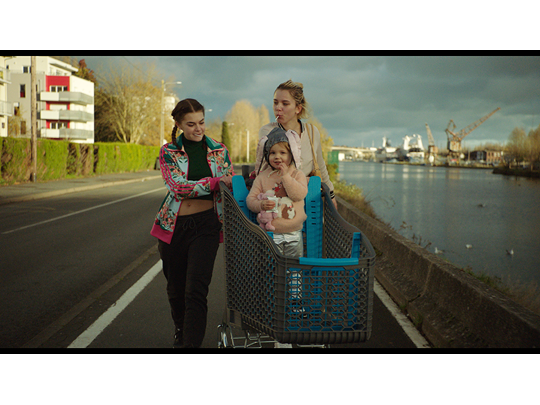
Enfants Terribles celebrates its 25th anniversary as one of the hallmarks of Gijón/Xixón International Film Festival and preserving the original spirit of the event. This year, the programme will once again offer a careful selection of films aimed at children and teenagers to be enjoyed in cinemas and developed in classrooms, something it has been maintained for the past two years despite the pandemic.